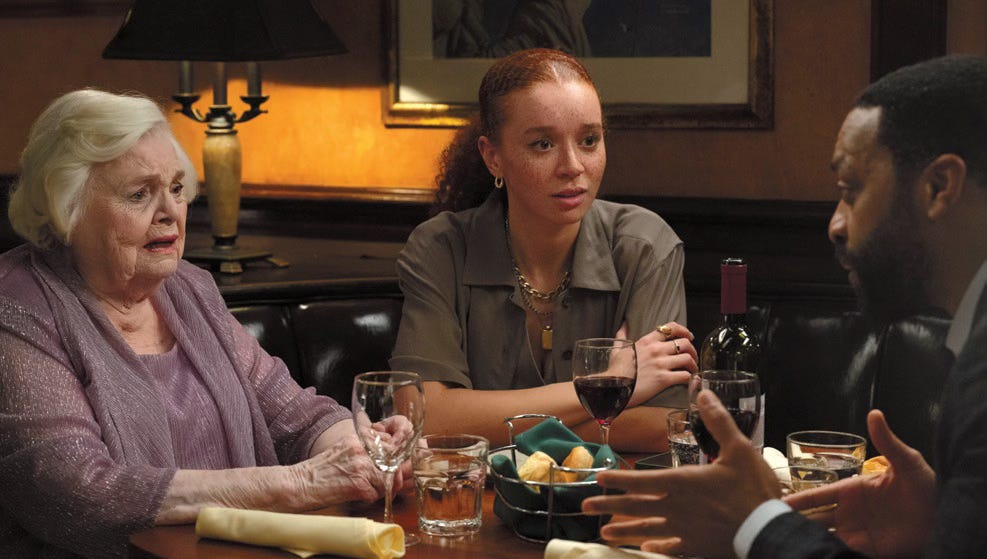Eleanor the Great
2025
June Squibb takes her second starring role in the directorial debut from Scarlett Johansson, Eleanor the Great. (Johansson works from a script by Tory Kamen.) Squibb’s signature spunky old woman energy infuses the title character, a Jewish widow from the Bronx living with her best friend Bessie in Florida. The two nonagenarians have cohabitated for elev…




